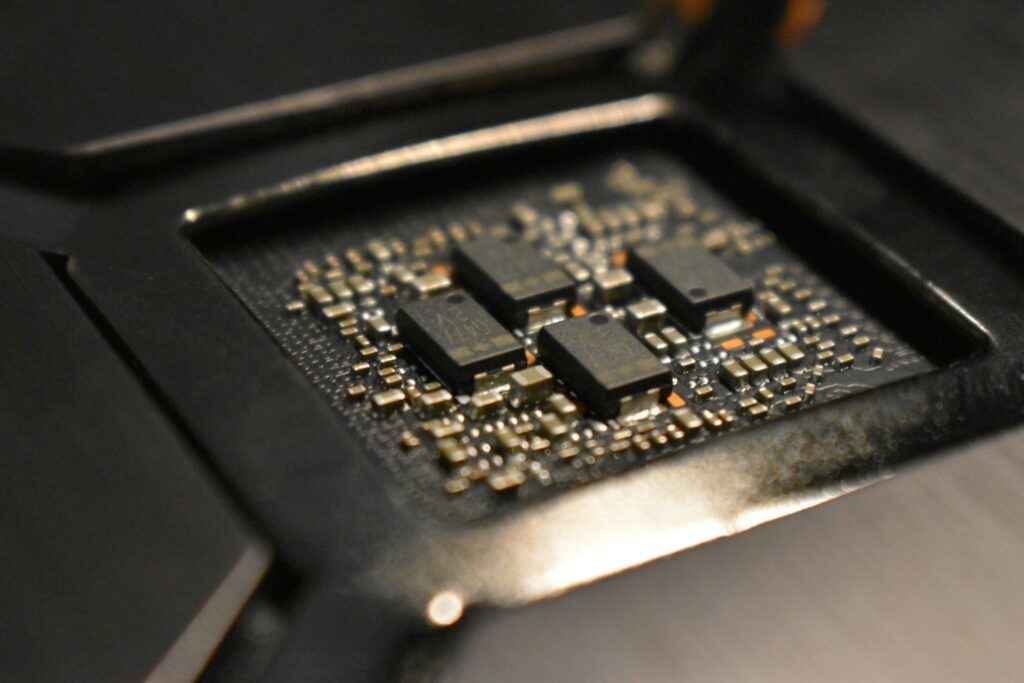In an era where Artificial Intelligence is no longer a concept but a tangible force, the focus is rapidly shifting to the very engines driving it: dedicated AI hardware. Major tech giants and innovative startups alike are pouring resources into developing specialized chips, known as Neural Processing Units (NPUs) or AI accelerators, designed to handle complex machine learning tasks with unparalleled efficiency. This trend marks a significant departure from cloud-dependent AI, ushering in the age of ‘edge AI’ where intelligent processing occurs directly on devices. Recent announcements from leading chip manufacturers, showcasing their latest-generation mobile processors with massively upgraded NPUs, underscore this accelerating move towards on-device intelligence, making our gadgets smarter and more capable than ever before.
According to market research by firms like Gartner and IDC, the global market for AI processors is projected to grow exponentially, with some reports predicting it to exceed hundreds of billions of dollars within the next few years. This growth isn’t just about raw power; it’s about efficiency and specialization. These dedicated AI chips consume far less power and deliver significantly higher performance for AI workloads compared to traditional CPUs or GPUs. For instance, a report highlighted that on-device AI processing can be up to 100 times faster for specific tasks than sending data to the cloud and back, while also enhancing data privacy by keeping sensitive information localized. This data signifies a clear investment trend and a strategic shift from industry leaders towards integrated, powerful AI hardware.
The impact of this robust AI hardware on industries and daily life is profound and multifaceted. For consumers, it translates directly into superior user experiences. Smartphones can now perform real-time language translation, generate stunning photos with computational photography, and run complex augmented reality applications seamlessly, all without an internet connection. Smart home devices are becoming more proactive and responsive, learning user habits and anticipating needs with greater accuracy. Wearables are gaining advanced health monitoring capabilities, processing biometric data on the fly to provide immediate, actionable insights. Furthermore, by reducing reliance on cloud servers, these advancements enhance user privacy, minimize latency, and enable new applications in areas with limited connectivity. This integration makes gadgets not just smart, but truly intuitive. For more on how smart technology is evolving, check out our insights on Smart Home Tech Innovations.
Looking ahead, experts predict an even more deeply integrated and pervasive role for AI hardware. Dr. Li Xiang, a prominent researcher in embedded AI systems, suggests that ‘the future lies in hyper-specialized AI co-processors tailored for specific tasks, leading to an ecosystem where every device, regardless of size, is an AI-first device.’ This vision points towards ultra-low-power AI chips enabling new form factors and applications currently unimaginable, from truly intelligent e-ink displays to advanced micro-robotics. The relentless pursuit of miniaturization and efficiency will unlock unprecedented capabilities, allowing devices to understand context, predict user intentions, and act autonomously with greater sophistication. The shift from general-purpose computing to purpose-built AI acceleration is just beginning, promising a future where our gadgets don’t just respond to us, but truly anticipate our needs.
This evolution also brings challenges, particularly concerning the ethical implications of ever-smarter devices and the increasing complexity of hardware design. However, the benefits in terms of enhanced user experience, privacy, and accessibility are compelling. As developers gain access to more powerful on-device AI capabilities, we can expect a new wave of innovative applications that leverage real-time, low-latency intelligence. The race to build the most efficient and powerful AI hardware is heating up, and its outcome will undoubtedly shape the technological landscape for decades to come, bringing us closer to a future where our devices are not just tools, but intelligent companions. For a deeper dive into the challenges and opportunities in AI, consider resources like Wired’s analysis on AI hardware.

